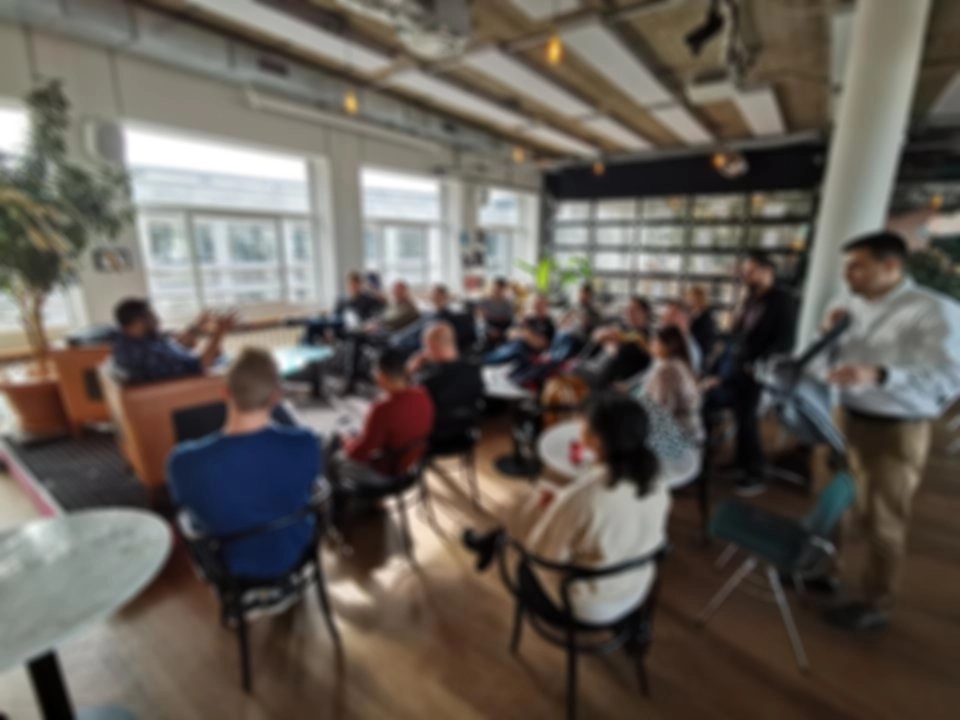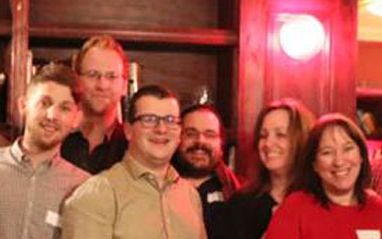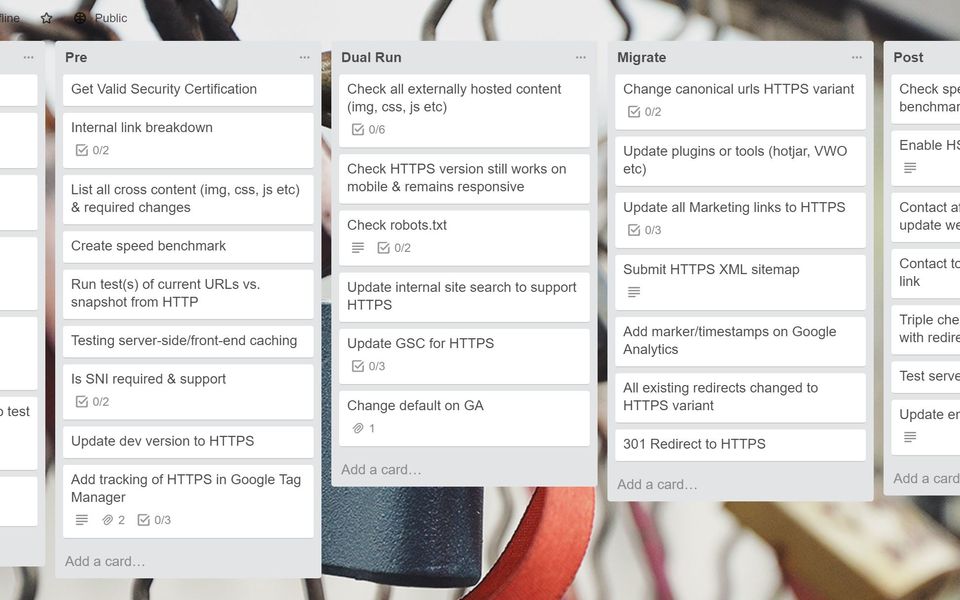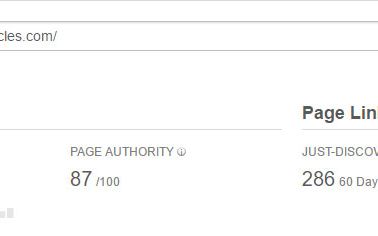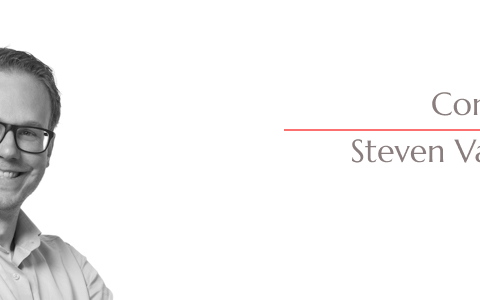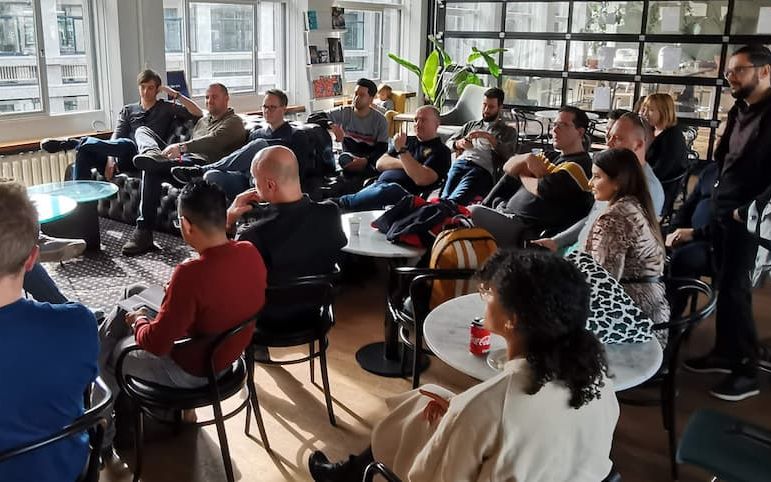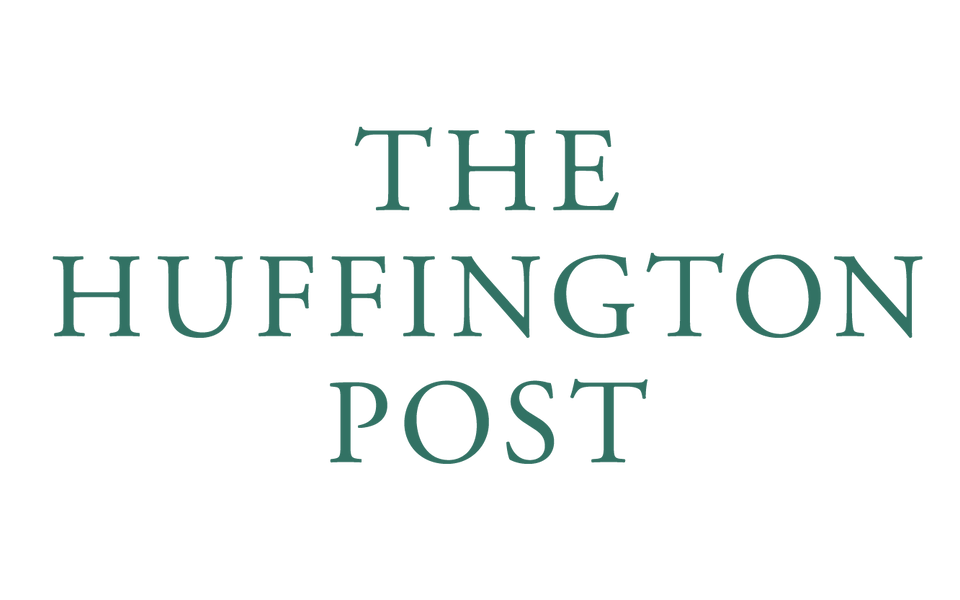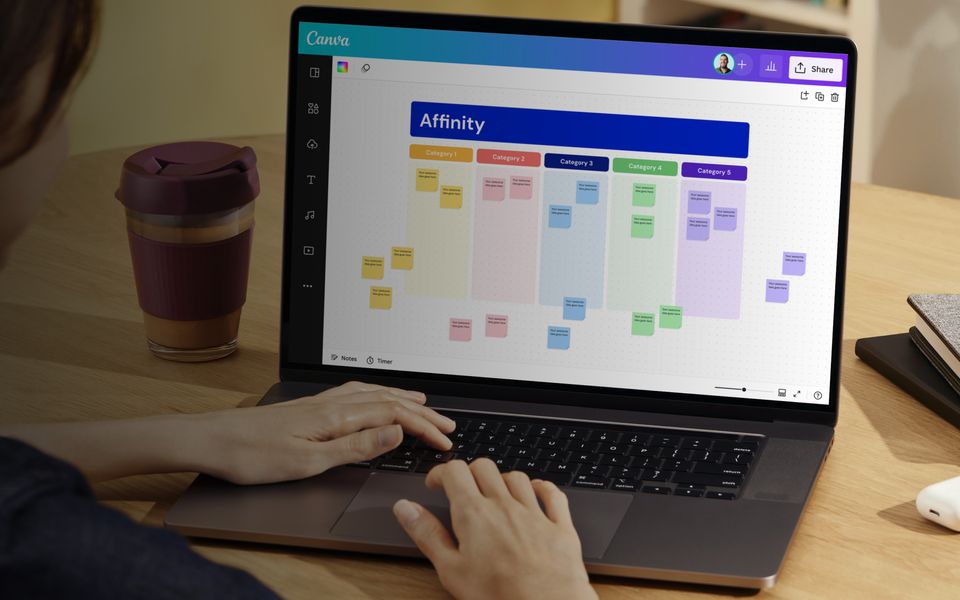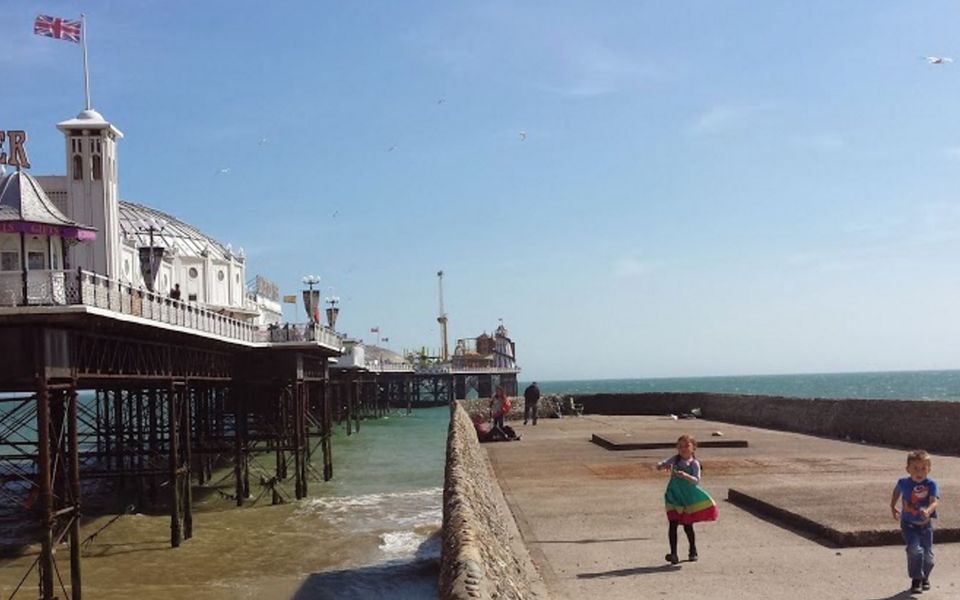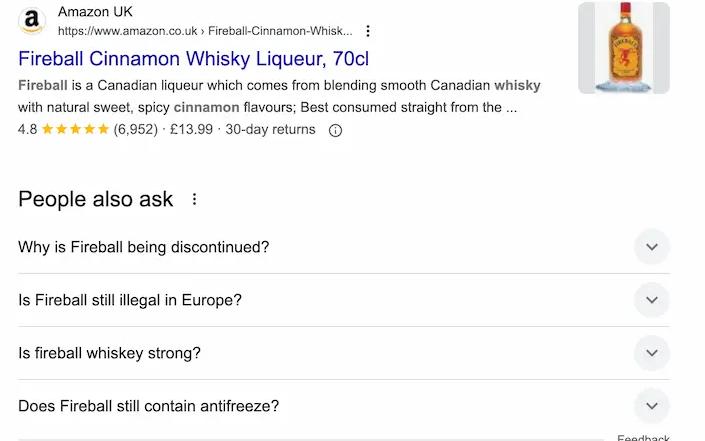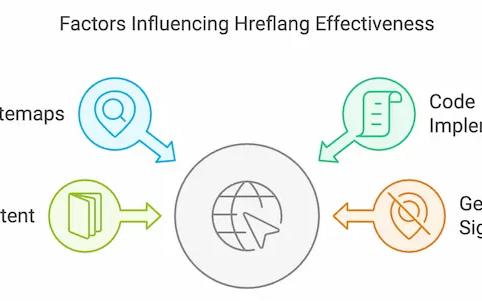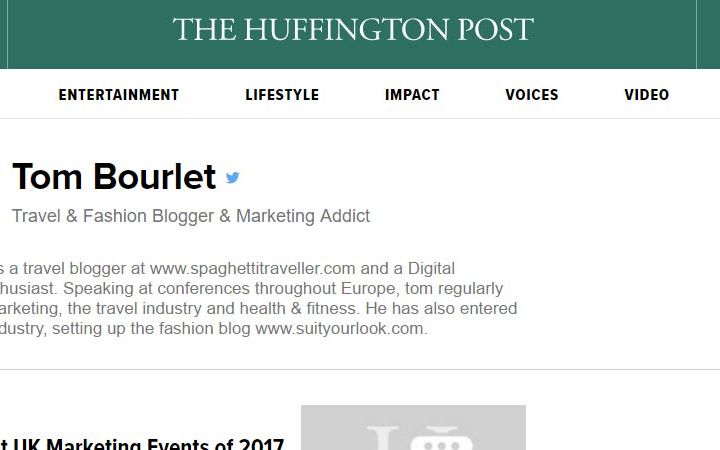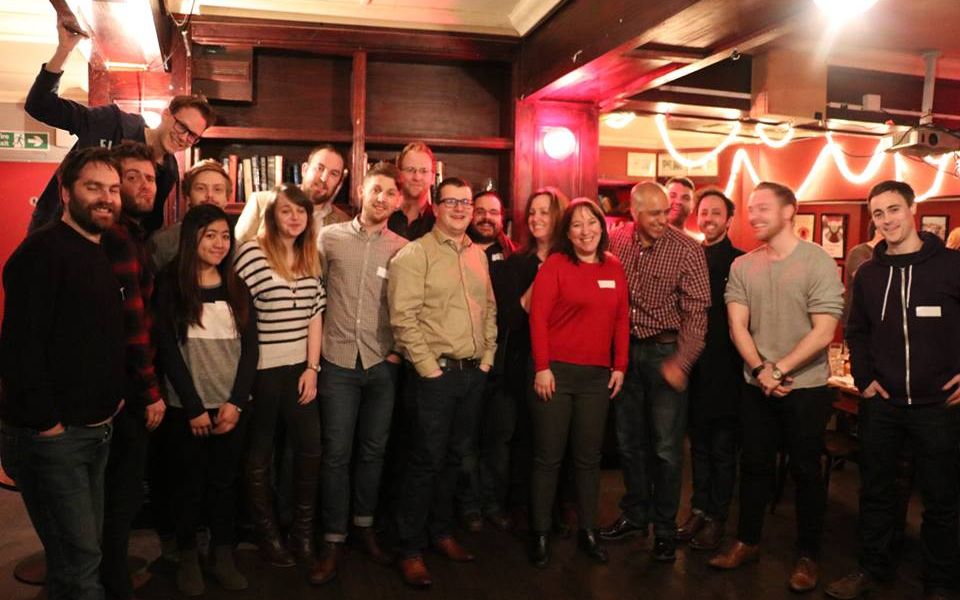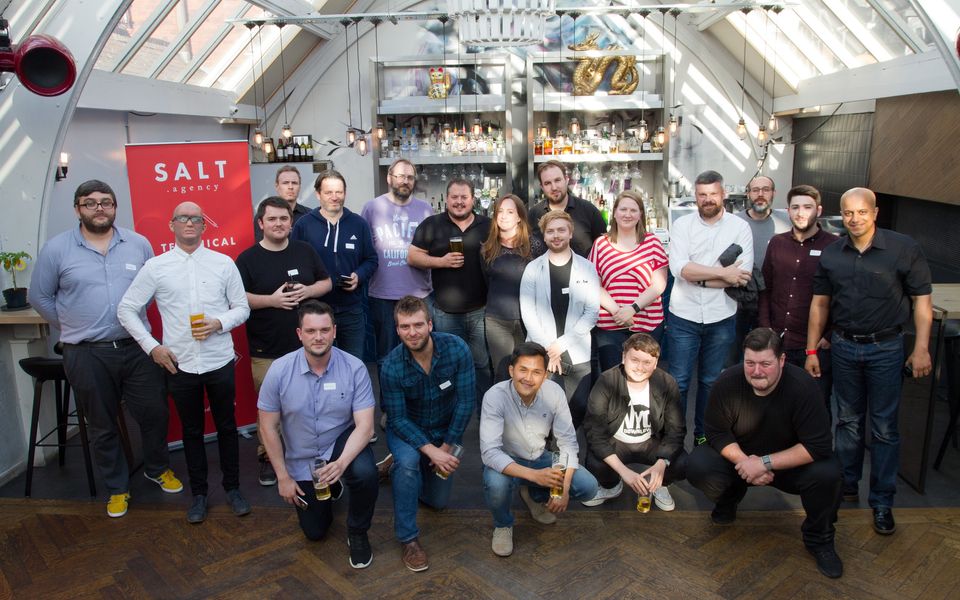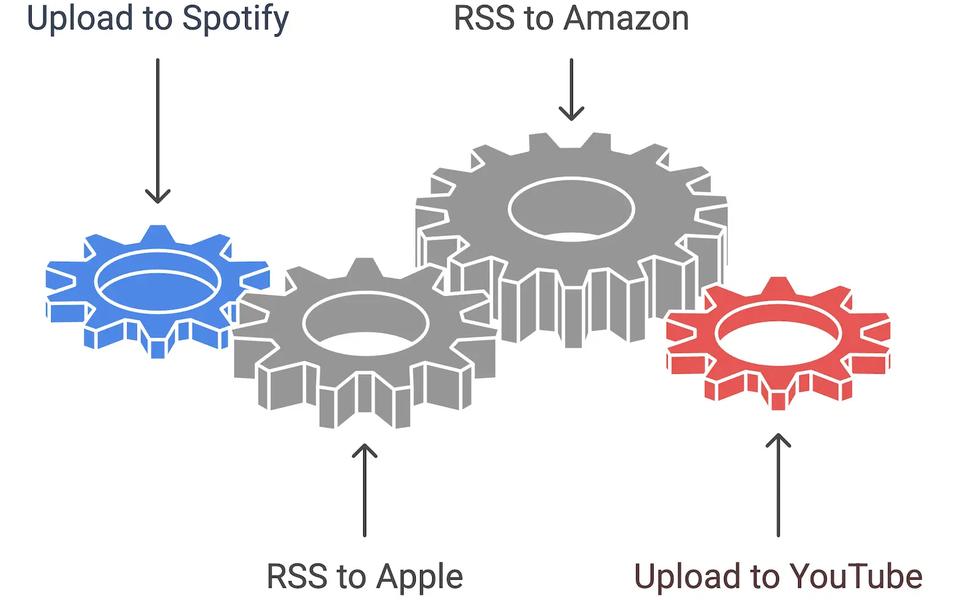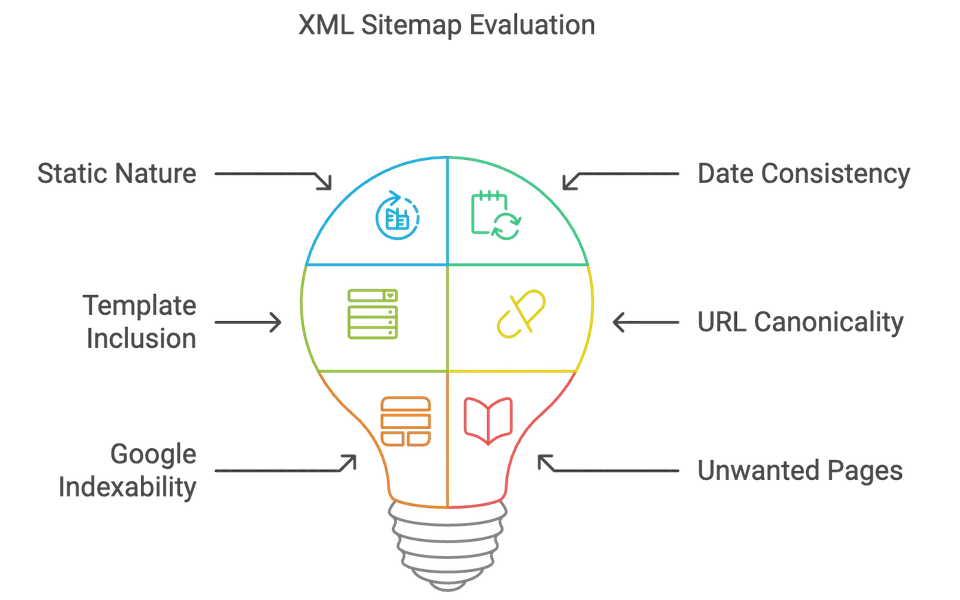Link Building Tactics – 2017
To the people that say ‘link building is dead’, I feel eternally grateful, as so many businesses seem to be cutting down on their efforts, making it a slightly easier playing field! Link building in 2017 is certainly not dead, however the tactics to get the best results are constantly getting tweaked, while the tools are forever improving, so we asked a group of experts for their opinions on how to get the greatest results from their campaigns.
How Do You Recognise A Good Link?
The value of a link is constantly debated, with relevance and geographical factors coming into play, as well as multiple tools and metrics offering various views of the domain strength, so what do you use in order to identify a good link?
Gerry White
Good links come in two formats, the power links, typically these come from those sites you have heard of, BBC and other mainstream media, these are highly trusted and have incredibly high organic visibility, with high editorial standards and typically not too many guest submissions. Typically I would say relevance would trump DA and other metrics, unless it is one of these true power sites.
The second type are highly relevant links – typically this is the small set of relevant industry blogs, local sites such as university or government based sites. It is also important to note that domain authority as a concept is something we should re-evaluate, a link from a main page or the main blog would have power, however a hidden link on a comment – this is quite different.
Ammon Johns
Exclusivity. If just anyone could come along and get a link just like it then that link is near worthless. High value links are links that are very hard to get or fake. The barrier to competition is half of the value. Relevancy and authority both matter, but the key above and beyond those is rarity/scarcity. The harder a link is for anyone to get, the more value it has for its type.

Hannah Thorpe
The safe answer is ‘does the link add value to the user? Tweet
The safe answer is ‘does the link add value to the user?’ it’s difficult to go far wrong from a link strategy if your link placement is good for the audience; for example it provides additional information or is the best product option for your needs. So to me a good link is one which really helps consumers.

However, that’s a bit tricky to measure. The deluded link builders amongst us will always feel that we are adding value and that our products are always the best suited. Instead, I’d look to metrics like the authority of the site, number of competitors links and the relevance to the brand. Then you can historically track the value of your links by seeing the volume of quality referral traffic they generate and the impact they have upon your organic performance – find out the types of links that work for you and then those are the types to look for in a future strategy. A good link for someone else may not always be a good link for you.
Chris Taylor
I find that there a couple of aspects to this, the first being the type of website that is linking out e.g: government, council, university, other type of school and national/regional newspapers.
The other type of ‘good link’ are from those of relevant publications, or typically from niche magazines, blogs and forums.
I typically use domain metrics with a pinch of salt (no pun intended), and if I was to use a metric, I would use Alexa Rank to show the popularity of the domain.

Modestos Siotos
A good link first of all has to be relevant. tweet
In the past few years things have changed a lot and there isn’t much value in getting links from irrelevant sites. On the other hand, gaining links from niche/local websites seem to work well, despite the sites low Domain Authority.
DA isn’t a metric I pay any attention to because it’s mostly influenced by the volume of backlinks and as such it doesn’t reflect quality. tweet
It’s very easy to bump up a site’s DA by gaining links from irrelevant sites with high DA but these links won’t help improving a site’s rankings. DA also isn’t influenced by the amount of spam on a site’s backlink profile, which again can be very problematic and misleading.
In general, I avoid relying purely on metrics but if I had to the most valuable metric would be the difference between a site’s Citation and Trust flow. Citation flow represents authority (volume of links) and Trust Flow represents quality (up to some extent) as sites with questionable links would lower Trust flow. High Citation flow combined with low trust flow can be a negative indication. It’s also worth paying attention to a site’s Topical Trust Flow as a quick way to evaluate relevance.
Last, I wouldn’t oppose to gaining nofollow links, especially if these come from powerful websites.

Which tactics do you find work best in 2017?
We had the year of infographics, until they were spammed to death and Matt Cutt’s had to come out and warn us all about sneaking keyword rich links into the embed code. Every year there seems to be a new tactic, or fad, until it is done to death. So which tactic or technique do you find the best in order to get results in 2017?
Gerry White
Great links comes from PR and great content – if you have something people feel is worth linking to, this works best. Create something worth linking to which is part of the narrative. Sometimes the best links are where you have a relevant service, that provides a useful resource for a group, historically for instance a mortgage calculator was incredibly useful but today you need to be a step above. It is a cliche, but I still believe in user first – if you have something that would genuinely benefit their users, sites are happy to link to it.
Ammon Johns
Links are always about the emotion. Impress the heck out of people and they want to talk about it, and to do that, they have to share it so the other person understands what they are talking about. tweet
For a while, infographics had the novelty ‘wow’ factor, then we got used to them. But that doesn’t mean that a truly impressive, remarkable infographic won’t be shared today. Understand why people share, the psychology of it, and that’s how you build links. Sometimes they share for their own social proof, and sometimes more genuinely to ‘share’ the experience, but it’s all psychology.
Chris Taylor
At SALT we have a vast range of suggestions that could be used amongst our range of clients and also we use for new business opportunities.
I recently published a blogpost on scalable link building, which will provide example for you. One tip would be to use existing relationships that the client has (you never know where that will take you).
Hannah Thorpe
Everyone is doing PR… literally everyone. We’ve also got A LOT better at it over time as we share the tactics that we know work- so that means you need to stand out and make sure that you’re not only good at the outreach bit, but also that your content is high quality and worth talking about. The key to getting those links is to produce content that people care about.
Aisha (Skippy) Kellaway did a great talk on the criteria that make someone care, these include:
- Timeliness
- Significance
- Proximity
- Human Interest
- Prominence
I’d recommend you make sure that your content stories cover at least 2 of the above before you invest too much time in them. Also remember that the angles can work with different publications e.g. you can add the proximity factor by splitting data into regions or cities, which will interest individuals in those areas, meanwhile the story as a whole might have a human interest twist for national publications.
Modestos Siotos
"In my experience the tactic that works best is relationships. Sites that just publish content but lack in PR activity struggle to get any quality links." Tweet
On the other hand, PRs need good and unique stories to share with their influential contacts. You don’t need to publish tones of content to get good links – there needs to be a fine balance between being creative and ‘selling’ your story to the right people.
Can You Take More Risks Post Penguin?
When the latest Penguin algorithmic update came out, the most striking piece of information for me was that links were devalued rather than demoted. This is significant as it almost removed the prospect of a ‘toxic link’, unless caught and punished with a manual penalty. Does this mean you will be taking more risks now?
Gerry White
I would be reluctant to take more risks with a major client – if I was working in an area where ‘churn and burn’ is acceptable then absolutely I would be happy to push it. Personally I am against ‘ass hat’ techniques which are fairly spammy and gain links by hacks, injections and mass bot comments. My view is that there are very few bad links, unless they have been clearly paid for.
Hannah Thorpe
My approach to links is to look at the ratio of ‘bad’ links to good that you have in the profile. Links that aren’t intrinsically adding value to your profile are just wasted space when it comes to the profile; better to have 100 amazing links than 1000 rubbish ones. tweet
So whilst a bad link might not lead to a penalty anymore unless manual, the point is they’re still not adding any value to your site.
Investing time into taking more risks will likely just have very minimal impact, as opposed to positive/negative.
Chris Taylor
If you are earning high quality links from relevant sources, then you won’t need to do ‘risky link building’.
If you carry out risky tactics, then what will happen in the medium to long term future of the client? A common sense approach is very much needed in this regard.
Modestos Siotos
I don’t think anyone should be taking more risks. With the first Penguin releases Google taught everyone a good lesson about can happen when taking shortcuts. Remember those sites that had to wait for 2 years for Penguin to refresh? Even if Penguin doesn’t sound as scary anymore, there is always the risk of getting a manual penalty, which isn’t fun either.
Taking risks isn’t worth because sooner or later the site’s future will be hindered. tweet
I’ve never seen a site fully recovering either from Penguin or a manual penalty, whilst I’ve seen online businesses shutting down because they have been badly hit.
Considering this algorithmic change, do you also see this as the end of negative SEO?
The move to make links demoted rather than devalued means negative SEO seems almost pointless, as it would be a lot of work to get a website a manual penalty, at which point they might as well have focused on their own website. So do you see this as the end of this poisonous tactic, or do you think it will still occur in 2017?
Ammon Johns
True negative SEO has little to do with just bad links, and nothing at all to do with those fools who would try to blackmail you over cruddy spammy links. It will certainly continue. tweet
Gerry White
There is still some odd negative SEO practices around, it feels as though people left bots on and forgot, links from negative SEO might not be as damaging as it used to be, but it is still going on.
Hannah Thorpe
I can’t imagine negative SEO stopping anytime soon; this particular element of link spamming for money or deindexing a site might become less frequent but there are plenty of other tactics that will continue.
Chris Taylor
Negative SEO is continuing and will continue to happen in the near future, whether this is via the form of link spamming or technical spam.
Modestos Siotos
I certainly see less negative SEO compared to 2-3 years ago but I don’t think this will vanish completely because it’s in the human nature to look for shortcuts. Certainly, in some niches there are still attempts to damage other site’s rankings by some form of negative SEO.
Do you think guest posts on blogs still have a place or are they now an outdated tactic?
It was back in January 2014 when Matt Cutts came out and warned people to calm their guest posts. In fact, many people took this way too literally, seeing it as an instantly spammy tactic, however with the added benefit of relevant and targeted traffic, some link juice and increased authority, this tactic is still commonplace in modern times. So do you think this is a redundant tactic or an integral part of the overall link building strategy?
Gerry White
If people are contributing great content to a site (like TakeItOffline, we do like great guest posts that aren’t spam) and it is moderated and not spammy, guest posts are great. If the link ‘belongs’ in the content then this is something that is set to continue, but if it is a paid for, shoe horned in content on a site that is barely relevant and seems to be simply an article dumping ground – this is how it will be perceived and will lose all trust value, Google have already pinged webmasters where it has recognised patterns of bought links, guest posts will be the same, relevant and high quality guest posts should continue. If you have a blog and someone suggests they write an article on it, do due diligence on them, and their motivation, you are the editor of your site. tweet
Ammon Johns
Title tags got spammed way back in the 90s, and search engines adjusted to deal with it. Do you now create pages with no Title tags? Links got abused such that by 2005 Google were already penalising misuse. Do you for an instant suggest that links are now outdated and have no place in your sites or thinking?
Something is either worth doing or it isn’t, and either way, someone out there will have misused it. If it is worth doing, do it. Do guest posting to reach an audience someone else has taken the time to build. tweet
Hannah Thorpe
Firstly – I object to this question based on your use of the phrase ‘link juice’.
Moving on, I think that guest posting shouldn’t be considered as a link building strategy. We need to shift mindset on this and view the opportunity to post blogs on other sites as an expert interview. It’s the change to reach a wider audience by demonstrating your specialist knowledge, and providing your opinion on the topic. If you think of guest posting in that way, it doesn’t make sense to be paying for those links – in fact, people should be approaching you to provide the insight or you kindly pointing out the value you can add. There may be some ranking benefit from the links, but I wouldn’t base a strategy on it.
Chris Taylor
Yes, of course they have a place. The term ‘guest post’ has been misused for years with sponsored content and shouldn’t be confused.
If I was invited to write a post on a leading SEO journal, I would of course accept, why wouldn’t you?
Modestos Siotos
They certainly do, especially if they they serve a purpose other than link building.
Scaling guest posts for link building purposes is way too risky and still can’t believe that some websites still heavily rely on this outdated tactic.
Thanks
So – that is it – massive thanks to the these experts who have proven experience and expertise in ensuring that the links profile benefits clients organic performance, without risk. If you would like to hear more from them tweet them.
Modestos Siotos
Modestos works has been working for iCrossing as a Technical SEO Director, specializing in enterprise SEO and all sorts of site migrations. Modestos Site Migration guide on Moz is still widely used despite being published back in 2011. Mentoring iCrossing’s talented SEO team as well as constantly working on new processes keep him happy and busy.
Ammon Johns
Ammon is without doubt one of the most experience gentlemen in SEO, recently joining AllThingsWeb Ammon is famous for many, many reasons one of which is the #BogusHangouts which are a weekly show which gives you an insight into what is interesting and exciting in the SEO world.
Hannah Thorpe
Hannah is the commercial director at White.net, and can frequently be found at TakeItOffline events sharing incredible SEO knowledge, when she isn’t hard at work she can be found speaking at conferences all over the world, from the inbounder to BrightonSEO
Chris Taylor
Chris now working as an offsite consultant at SALT.agency, having worked in the online industry for 12 years across various verticals from body armour to home interior. If he’s not working on his computer, he’s renovating a property. (Note Salt are co-running the Take It Offline event in the summer on Mobile SEO)
Want to read more ? See the PR Tips and Trends
